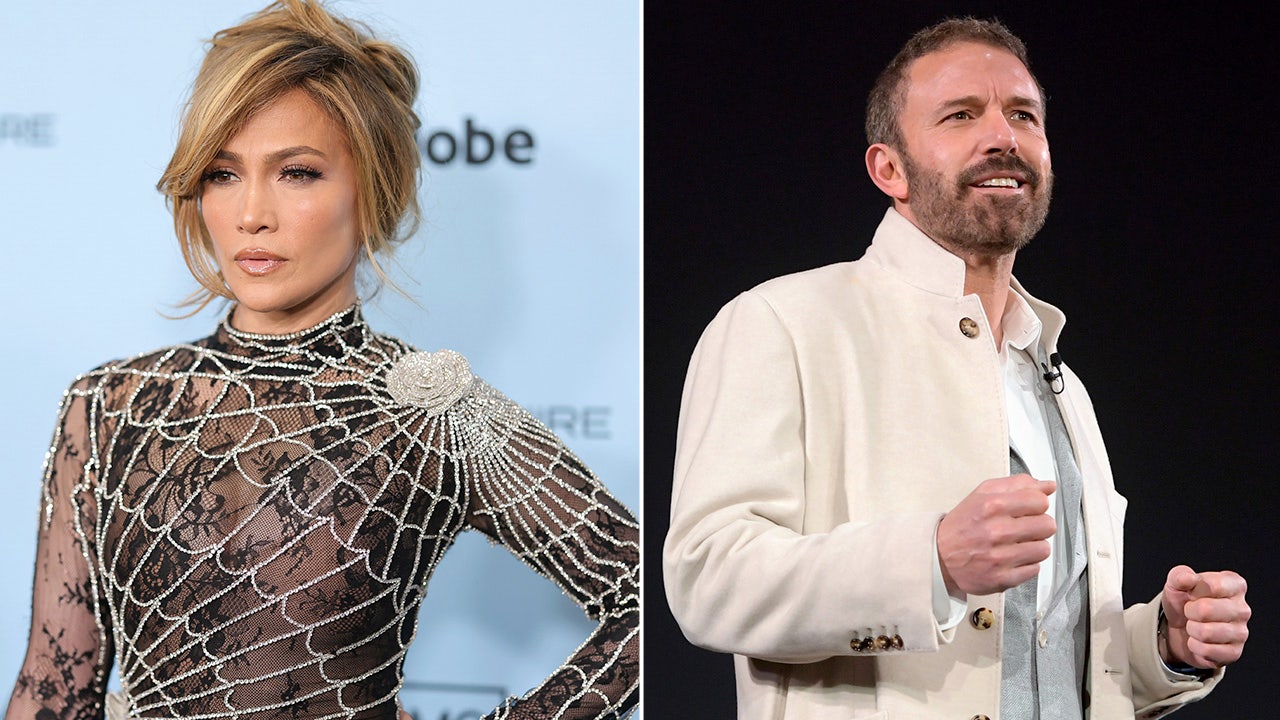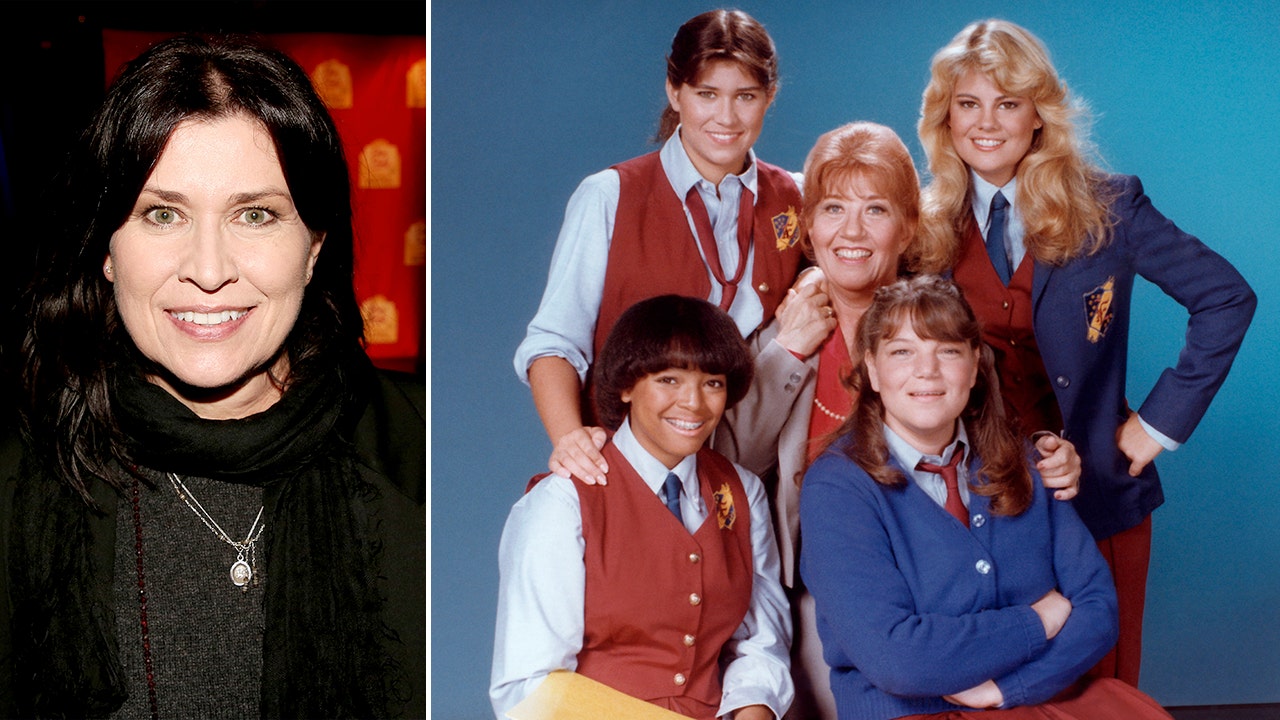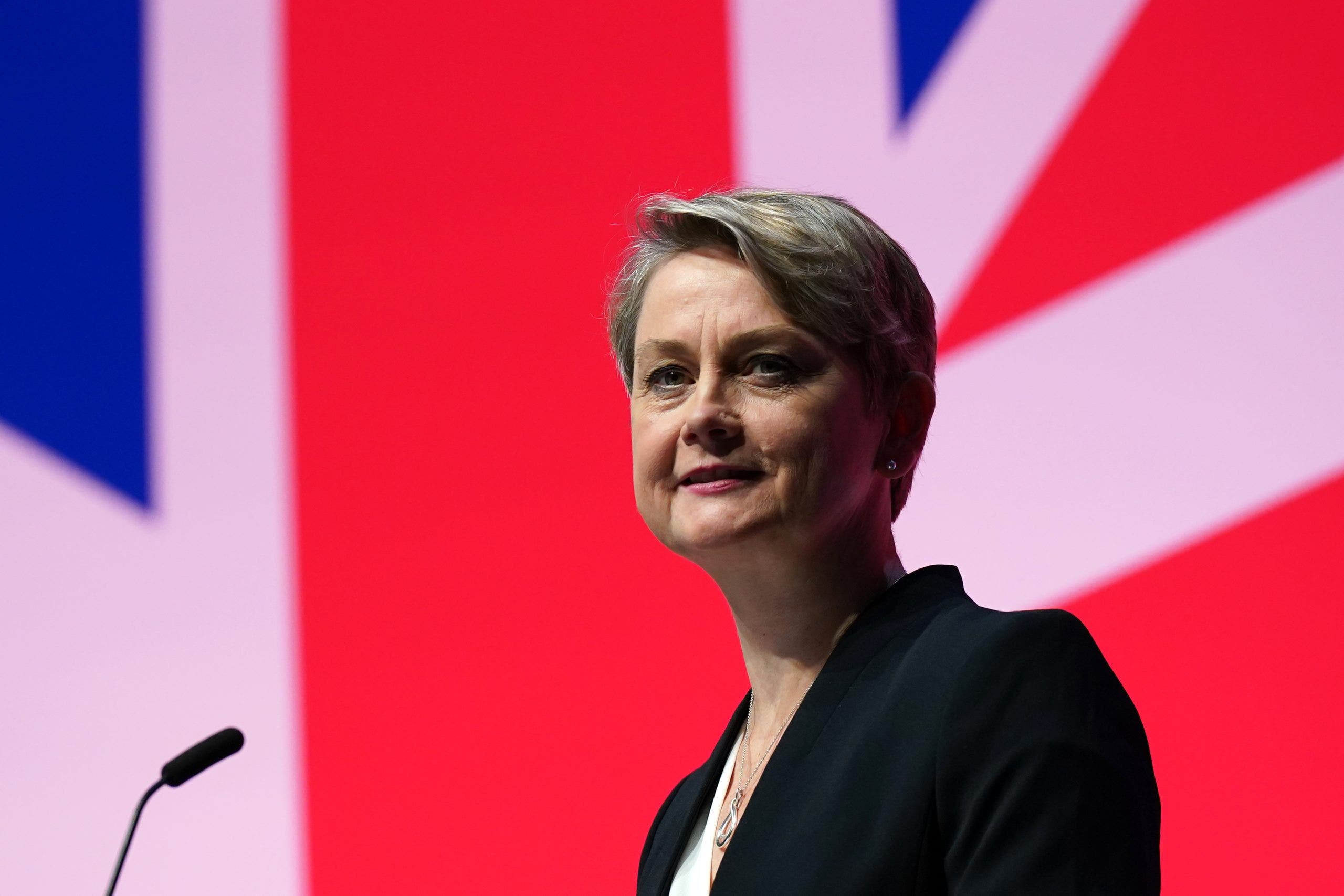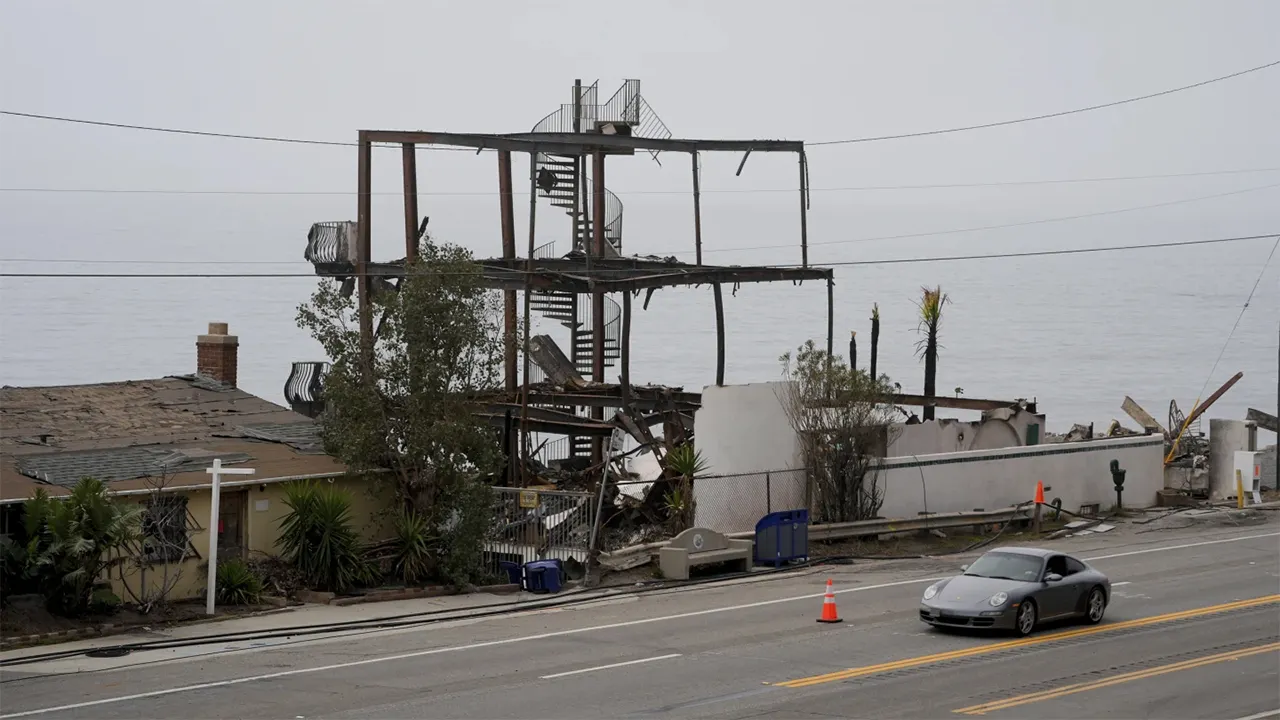UK Government Looks to Classify Misogyny as Extremism: A Contemplative Approach
The United Kingdom is looking to treat some forms of misogyny as a form of extremism under the new government’s Home Office, according to reports.
“Hateful incitement of all kinds fractures and frays the very fabric of our communities and our democracy,” British Home Secretary Yvette Cooper said during an interview with LBC. “Action against extremism has been badly hollowed out in recent years, just when it should have been needed most.”
Misogyny, a term often cloaked in indifference, signifies more than mere disdain. It’s an ideology that can travel through digital highways, eroding societal values like unseen corrosion. Home Secretary Yvette Cooper’s initiative, a “rapid analytical sprint on extremism,” as she aptly described it, aims to trace the insidious path of extremism that misogyny has taken. One cannot help but reflect on how deeply rooted hatred can twist perceptions and lives, manifesting in violent outbursts and dangerous ideologies.
Mapping Extremism: A Holistic View
Cooper’s analysis intends to scrutinize not only the glaring instances of violence but also the quieter, pervasive attitudes that fuel them. This analytical effort captures a range of extremist views, weaving together Islamist and far-right sentiments, alongside a more subtle, yet equally lethal, strain of misogyny. Are we prepared to confront this reality? Can society withstand such a confrontation without fearing that it might melt the very essence of free speech?
The recent redefinition of extremism by the Home Office may strike some as an overreach or a step toward silencing dissent. However, it can also be interpreted as a necessary evolution of understanding in a world besieged by growing online hatred and gender-based violence. Drawing attention to these issues, Jess Phillips, the Minister for Safeguarding and Violence against Women and Girls, insists on the necessity of addressing misogyny with the same fervor traditionally reserved for other extremist ideologies. “People can hold views about women all they like,” Phillips stated, asserting that ignoring these views leads to dire consequences.
The Clash of Perspectives
Yet, this discourse does not come without its critics. Voices like Peter Lloyd call the government’s approach a “sexist move,” raising valid concerns about the potential misuse of power. Declarations such as these bring to light an ongoing struggle: How do we distinguish between legitimate opinion and harmful ideology? Such questions hang heavy in the air, drawing fiery exchanges and passionate debate.
Joanna Jarjue’s passionate rebuttal to Lloyd highlights the gravity of the situation. With two million women victimized by acts of violence in the UK each year, an atmosphere of urgency pulses through the corridors of power. This is not merely a political squabble; it is about lives, safety, and societal values. When societal norms permit condemnation, the line between free speech and hate speech risks becoming blurred.
Historical Context and Future Implications
A historical lens also casts new light on this contemporary battle. The House of Lords has been examining misogyny’s status within hate crime discussions since at least November 2021, seeking to protect individuals from the scourge of misogyny. Nottinghamshire Police’s pioneering recognition of misogyny as a hate crime set a precedent, and the ripples of that decision continue to inspire police actions across the country. This is not merely about enacting laws; it’s about reshaping the conversation around gender and power.
The role of the Parliamentary Under-Secretary of State has evolved under the recent Labour government, reflecting a determination to tackle the violent realities faced by women and girls. Jess Phillips, having recently expressed her empathy for those grappling with loss and fear, emphasizes a distinct pivot: “We have to start preventing rather than just cleaning up.” This sentiment resonates deeply, echoing a broader societal desire for change.
The intertwining of misogyny and extremism propels a necessary conversation that could reshape not just policies but societal values. As the UK strides forward, grappling with these intricate dynamics, one can only hope that its journey fosters understanding rather than division, compassion rather than conflict. As we navigate this conversation, may we find the courage to confront issues with honesty and integrity, allowing for a society where every individual, regardless of gender, can thrive in safety and respect.
After all, the essence of community lies in its ability to protect its most vulnerable—something that must remain at the heart of every policy debate.






































